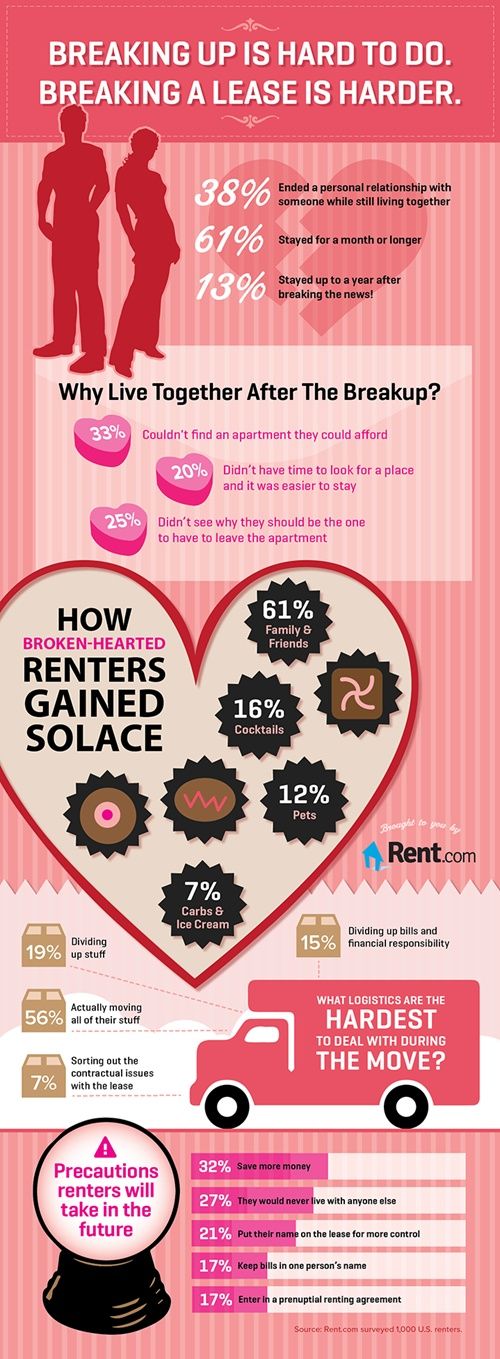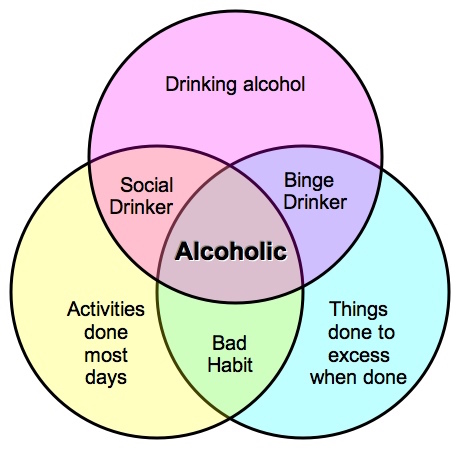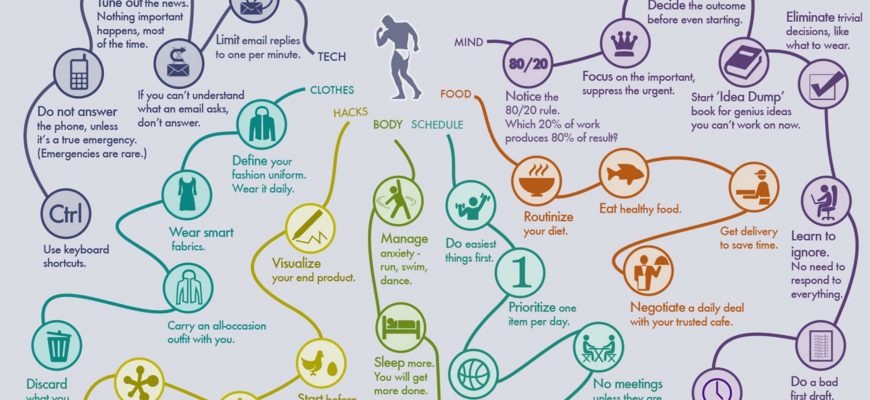Relationship problems after moving in together
10 Common Problems Couples Encounter After Moving in Together
Thinking of moving in together? Here's what you need to know
Sharing a home with your loved one takes a lot of commitment and agreement between you both - it's not always happily-ever-after. If you are considering moving in together, think about the benefits and repercussions and weigh them in before actually taking that huge step. You may not know it, but living together may actually be harder than it looks
In this blog we talk about the 10 most common problems couples experience living together, and what you can do about it.
1. Living Together Makes it More Difficult to Separate Ways
Choosing to move in together is normally decided because you and your partner are both confident and comfortable enough in each other's judgments and space. But did you know living together can have a multitude of effects?
It's been proven that while moving together increases the chances of staying together, it doesn't increase how devoted you are towards each other. As a matter of fact, it can add stress to the relationship as you take on extra responsibilities. As your finances become more intermingled, it can become more difficult to separate. There rises the other problem - if you and your partner decide to end your relationship, it's not easy because you're under one roof and it may take a little while to dissolve your shared financial obligations
Remember that both you and your partner have your own views and habits, and it's important both parties accept and establish limits in a way that doesn't make a possible breakup in the future messy. You want to break up because of actual reasons, not because it's a hassle to move stuff around.
2. Living Together can Affect Communication - In a Bad Way
Studies show that living together often creates more conflict than dating or being married. When a couple is living together, they're caught up in the middle - they face common couple issuesas would a dating couple have (such as time, friends, jealousy, commitment), and at the same time, face common problems married couples experience (such as bills, in-laws, children, etc).
Living with your partner can affect how you respond to seemingly larger relationship issues than when you weren't living together - sometimes in a negative way. Because you're under one roof, a choice you might make is to just keep grievances to yourself and bring it to the table some other time. However, as these concerns accumulate, it increases the discord and disruption in the relationship, and may bubble to the surface during an argument. These situations can sometimes blow out of control easily because of unvoiced grievances from the past.
In any cohabiting relationship, it's crucial that you and your partner learn to listen and take on board constructive criticism. Living together sounds easy, but it can be challenging - especially in the long run - so good communication must be practiced in order to lessen the stress.
3. Living Together Creates a Break-Up Mentality
"What if this doesn't work out after all?", you ask yourself in the back of your mind, as you decide how to split the furniture, the finances, and even the pets in the event of a bad breakup.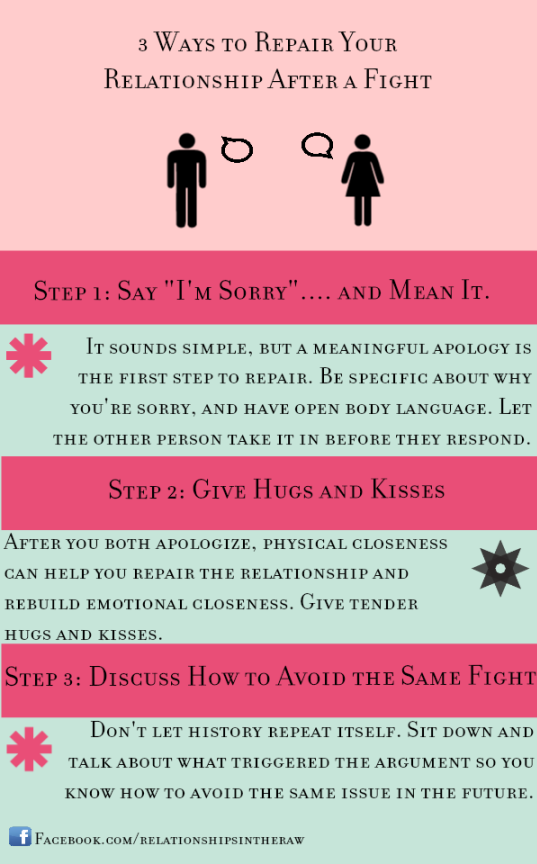 That kind of mentality shouldn't ever even exist in the first place when you're thinking of living together, and yet it creeps in. It makes it harder to fully commit later on because the "what ifs" become a habit.
That kind of mentality shouldn't ever even exist in the first place when you're thinking of living together, and yet it creeps in. It makes it harder to fully commit later on because the "what ifs" become a habit.
When deciding to live together, learn to let go of the "what ifs" - and maybe even talk them out with your partner - and affirm yourselves into making the relationship work. Being committed to a relationship is learning from experiences together, not crippling it.
4. Living Together Influences Compatibility
Moving in with your partner means you've considered him/her to be your partner for life, but don't make it an approach to measure your compatibility. You have to know it between the both of you that you're compatible already, and you're more than ready to face the world together.
If you're considering marrying your partner, try engaging in activities together to get a feel for what it's like to face challenges together, and see how you both fare from there. Take a short trip, try a new hobby together, do babysitting together once in a while.
Take a short trip, try a new hobby together, do babysitting together once in a while.
5. Living Together Means Adjusting Finances
Living together entails shared finances. Together, you'll pay for your rent/mortgage, your utility bills, groceries and other expenses. But as the saying goes, "Money is the Root of All Evil", and disagreements with expenses can backlash your living state immensely.
Before deciding to live together, make sure you've discussed how you'll be handling your shared expenses. Have an honest discussion about money so you are both on the same page. Compromise is key to every relationship, even when it comes to money.
6. Living Together May Accumulate Petty Arguments
"Why can't he just do his own laundry?"
"Why am I supposed to clean her mess myself?"
These are petty, to be honest. But once they pile up, they take a serious toll in the relationship. These small things can cause resentment, and sometimes you might even regret living with your partner in the first place. Arguments about chores and other small matters can feel like the relationship is imbalanced and unfair.
Arguments about chores and other small matters can feel like the relationship is imbalanced and unfair.
The best solution? Compromise. Like we always say, compromise is key. Clear, open and honest communication between both parties solve even the most little of matters in the household. Create schedules, designate specific tasks to one another, and find solutionsthat work for the both of you.
7. Living Together Can Reduce Alone Time
Living together affects each other's lifestyles, and it may require you both to adjust how you go about your day-to-day life. From seeing each other once, twice a week to literally waking up beside him/her can be a bit overwhelming.
If you and your partner don't have the same habits with alone time, address it as early as you can. Talk about your boundaries, and don't be afraid to let your partner seek for your attention when he/she needs to, but within the set boundaries.
8. Living Together Might Cause Problems with Sex
When you used to meet with your partner once in a while, the sexual tension is intense.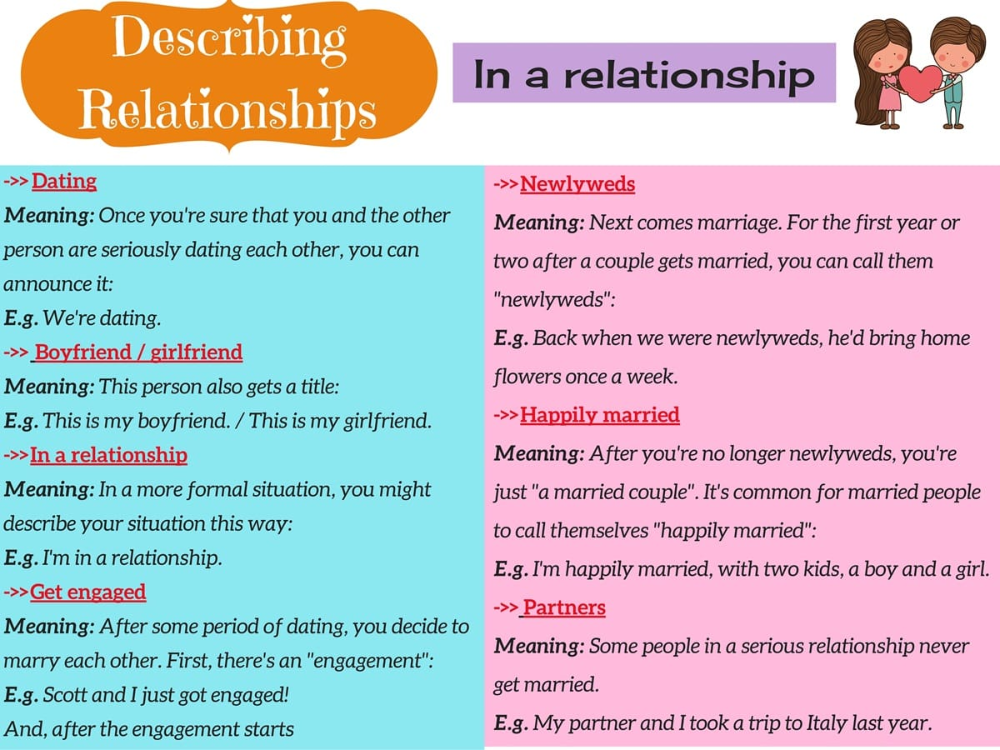 But seeing him/her everyday may lessen that urge and may cause issues with your sexual intimacy. If you're the type who wants to have sex frequently, but your partner isn't so up to that idea, it can lead to feelings of resentment and big arguments. Also, seeing your partner perform mundane domestic tasks can sometimes zap the attraction from your relationship.
But seeing him/her everyday may lessen that urge and may cause issues with your sexual intimacy. If you're the type who wants to have sex frequently, but your partner isn't so up to that idea, it can lead to feelings of resentment and big arguments. Also, seeing your partner perform mundane domestic tasks can sometimes zap the attraction from your relationship.
Like how we advise resolving the other issues stated, the best way to fix this is to be honest about it. Talk about your sexual wants, needs, and even fears. Work out a routine that will be satisfactory for the both of you.
9. Living Together Could Make You Feel Irritated
In any relationship, your partner's silliness may seem more cute than annoying. But when you see that silliness everyday of your life? It may actually become annoying.
Living together means you have to experience reality - in this case, the reality of your partner's idiosyncrasies. If you feel he/she is doing it too much or is overboard with it, speak up about it in a respectful manner. Tell him/her about the habit/s that bother you, and suggest new solutions to live with your partner in peace without necessarily doing a 180-degree change in your partner's personality.
Tell him/her about the habit/s that bother you, and suggest new solutions to live with your partner in peace without necessarily doing a 180-degree change in your partner's personality.
10. Living Together Doesn't Mean Letting Go of Everyone and Everything Else
Your non-romantic relationships are just as important as your relationship with your partner. Living under one roof doesn't always equate to separating from everyone else. Maintaining a good lifestyle with your partner is maintaining your connections with your family and friends, too.
Spend a few minutes talking to your parents, or go out on a coffee date with friends. You'll be in a much better position to handle whatever issues you'll face without stressing your partner too much by having another outlet to express your feelings to.
Living with your Partner is a Whole New Level of Intimacy.
Whether you’ve already decided to move in with your partner, or you’re already living with him/her, make sure you’ve both prepared yourselves for these issues (and possibly more) to come.
If you’re still having trouble communicating and compromising with your partner, it’s best to seek advice from a professional counsellor. Cooks Hill Counselling offers an open space for couples who are dealing with modern life issues and more. Our lines are open Mondays to Saturdays, 9AM to 5PM. Call us now at 0421 598 486 and let us help you lead to a happier life with your loved one.
Solving Relationship Problems After Moving in Together – MarsVenus
advice: relationship lauren gray
Why are there relationship problems after moving in together? It’s supposed to be the most romantic time!
And yet, across the board, it seems to create a whole new host of communication challenges: bickering, misunderstandings, secrets, silence, tension, stress, emotions...
The good news is: it’s normal! The better news is: in this post, I’m going to share with you how to solve these new issues with grace and ease.
Believe it or not, the lessons you’ll learn today will serve you exponentially in the years to come. You can thank these issues for showing up now because it’s going to make the rest of your life together so much easier!!
Hello Lauren,
I have been living with my boyfriend for 3 months and we have been together for 2 years. Lately we’ve been bickering more often and our communication seems to shut down. He pulls away and I get sad. It’s hard when this happens because we used to never be like this. Yesterday he said he needed space from me. He said he's mad he needs to tell me where he is, and I expressed it makes me feel safe to know. I am scared he is pulling away. How can I handle this without losing what I want?
– Chloe
The Problem That Solves Everything
I know exactly where you’re coming from.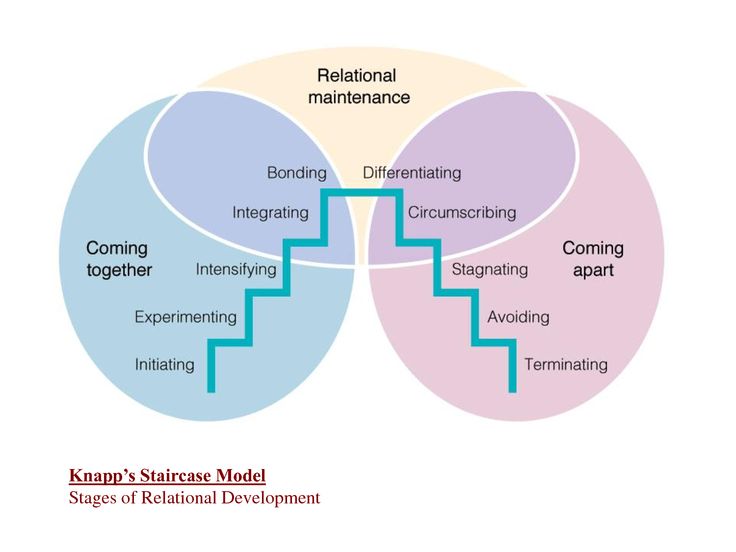 I’ve lived with my partner for 9 years now and we love it! I can honestly say that because of our systems and agreements, the “Shelter in place” mandate added zero stress to our relationship.
I’ve lived with my partner for 9 years now and we love it! I can honestly say that because of our systems and agreements, the “Shelter in place” mandate added zero stress to our relationship.
And the great news for you is: I can point to the exact challenges in our first year living together that taught us so many of the relationship lessons that have carried us through nearly a decade and a global pandemic with romance and fun!
And the moments that taught us the most were the moments when he pulled away.
It's one thing to be cool with him taking alone time when you live apart and you don't need to be physically around him when he pulls away and turns off the warmth. But it's a whole other kit and caboodle to actually be confronted with his cave time and still have to be around him.
Vocabulary Spotlight: Cave Time: Time where a man pulls away from intimacy to be by himself or with other men to rebuild his testosterone levels and find wellbeing.
Suddenly when you share the same space and he pulls away, it can feel cold, lonely, and terrifying. You ask yourself:
- Why is he so cold and distant all of a sudden?
- Is it something I did?
- Should I: try to make it better by being overly giving? Ask him what’s wrong? Make him jealous to get his attention? Pick a fight to engage him? Or simply ignore it?
Great questions! Great problem! This is the problem that actually solves everything. Let me show you.
Why He Pulls Away from Your Closeness
- Why is he so cold and distant all of a sudden?
He’s cold and distant because he needs alone time to balance his hormones, take a break from the honey-do list, and either deal with his problems or ignore them, whichever he needs in the moment.
- Is it something you did?
Most of the time, it is NOT something you did. He just needs a break from being a partner for a minute so that he can just be an individual. This is a human need but it is also a biological need for men.
He just needs a break from being a partner for a minute so that he can just be an individual. This is a human need but it is also a biological need for men.
- What should you do to make it better?
You should ignore it. But it's hard to ignore something when you're not clear on what you’re dealing with. So you need to set up an easy language you both can use to communicate around this need for taking space. This is one of those agreements that has carried Glade and I through so much.
How to Communicate the Need for Taking Space
The best system for couples who live together is one where these words are said out loud and are met with understanding, acceptance, and a "no big deal" attitude:
"I just need some space and I'll let you know when I'm ready to reconnect."
Ideally, no one ever pulls away and you’re both perfect partners all the time with so much to give and no personal needs. But this is not reality for human beings. So, let’s clarify what you actually need in order for a realistic system to work for you:
But this is not reality for human beings. So, let’s clarify what you actually need in order for a realistic system to work for you:
All you really need to know is when he's pulling away so you don't have to guess, have your gestures rejected, or take his change in attitude personally.
As long as he feels safe that his request will be met with love and understanding (not hurt, tears, or neediness) then he will gradually learn to self-connect and ask for the space he needs as soon as he needs it.
This is a training process for both of you.
Neither of you will be good at this at first. This is important to note so you don’t get frustrated or lose hope. Practice this line and give each other a lot of space to make mistakes. Moving in together gives rise to this relationship problem but it also creates the opportunity to develop this skill. Your work here will pay you back one hundredfold over the coming decades.
Once you've gone through the learning curve, this becomes business as usual. “I need some space today” are words that are casually said in our house on a regular basis.
“I need some space today” are words that are casually said in our house on a regular basis.
We know to respect the request and trust that the one taking space will let the other person know when they are ready to connect again. Sometimes, it’s just for an hour, sometimes it's a couple of days. But because we have practiced this over and over again, the FEAR is gone.
We trust that we always return to each other in love.
What Is That Boy Up To? (Keeping Tabs on Your Honey)
When it comes to wanting to know where he is and what he's doing… he feels like this encroaches on his space and that’s why he got all cranky. The more you respect his space the faster he'll return to you and the more generous he'll be with his love.
However, I understand wanting to know when he's coming home. I too feel safer knowing when to expect the front door to open.
So my advice is a win-win compromise.
He doesn't need to report to you WHAT he's doing or WHO he's with (you need to trust him) but he needs to text you WHEN he’s coming home.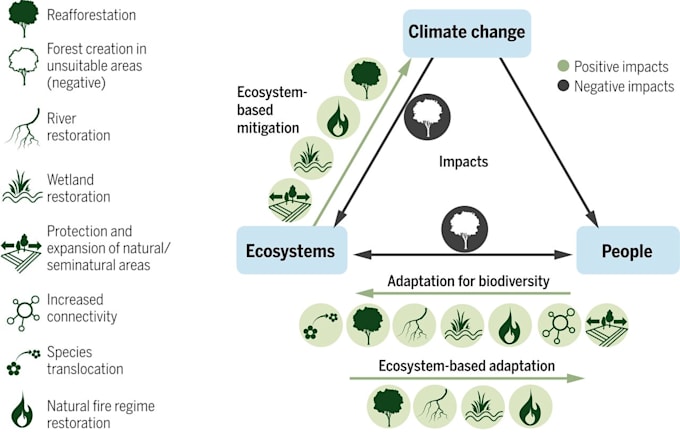
This should include a text earlier in the day/night with an estimated time of arrival back at home and another text when he's actually on his way home.
This will give you the peace of mind you need.
And with time and a few more tips, he’ll begin to open up more and more about his independent time and inner world.
Why He Wants to Keep His Schedule a Secret
Over time he’ll loosen up, build trust with you, and become more and more open about what he’s doing and where he’s going. But for right now, two things are happening:
- He is used to a certain freedom where he can come and go as he pleases and he doesn’t need to tell anyone about it. The last time he had to report to someone, it was to his mom. So naturally, when you start asking him for his schedule, he rebels because it feels like you’re mothering him.
This will go away as he realizes that you are not going to tell him what he can and cannot do (like his mom,) you just want to know!
- He doesn’t feel like his boundaries are being respected.
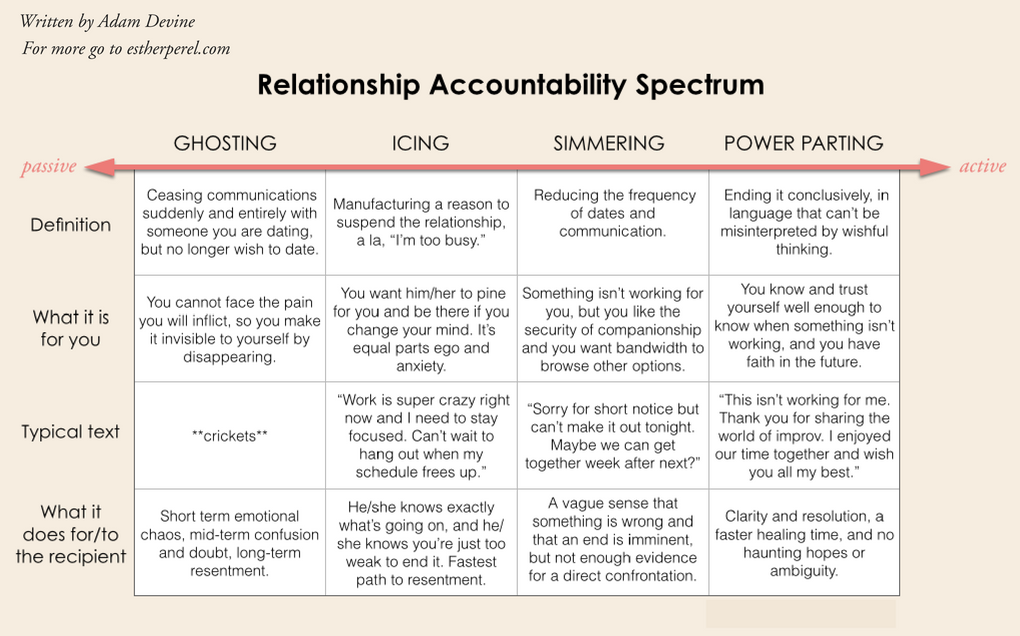 Out of self-preservation so that he can get the space he needs, he exaggerates his boundary and refuses to tell you anything. This way he can ensure that he gets the alone time and the privacy he needs.
Out of self-preservation so that he can get the space he needs, he exaggerates his boundary and refuses to tell you anything. This way he can ensure that he gets the alone time and the privacy he needs.
Over time, he will relax his boundaries as he sees that you support his alone time and that it’s “no big deal.”
Why So Much Bickering? We Didn't Use to Be Like This!
Bickering is a very common and classic relationship problem after moving in together.
This is because you are not taking enough space from each other.
Whereas before your relationship had a natural together, not together flow, now that you share the same space you are together ALL the time!
This doesn’t work. It is not a sustainable system for well-being.
A good way to know whether you are spending too much time with your partner and need alone time is when you experience one of these three clues:
- Overly prickly
- Overly sensitive
- Needy and insecure
Alone time will help both of you individually and exponentially as a couple.
I even teach a 6-week course about this for women! Women are the heart and soul of a relationship and when they get empowered with the You-We-Me-Time ™ system — the sustainable system to experience fulfillment, joy, and lasting romance — the relationship thrives.
So, find a good book and go to another room, take a hike, immerse yourself in a baking project while listening to loud music, visit your family if you can, get a glass of wine with a friend, take an online class, find a nice patch of grass and journal, plant something and take care of it...The more projects you start, the more fun taking alone time will be.
If you want to successfully grow in love with the man you live with, this is the way to do it.
With love,
Relationship crises: why they arise and how to work with them
The first phase of falling in love passes, and instead of hormones that used to help you ignore difficulties, the need to speak heart to heart and put up with each other's shortcomings comes to the fore. Science has proven that love does not necessarily end after three years, but people often perceive relationship crises as an excuse to leave them under the pretext that "passion is gone." Others look for a way out in betrayal, which happens even in happy families. We figure out what moments in a relationship provoke crises and how to survive them.
Science has proven that love does not necessarily end after three years, but people often perceive relationship crises as an excuse to leave them under the pretext that "passion is gone." Others look for a way out in betrayal, which happens even in happy families. We figure out what moments in a relationship provoke crises and how to survive them.
- First sex crisis
Advertising on RBC www.adv.rbc.ru
What's happening. The sacralization of virginity is gradually becoming a thing of the past, and today physical intimacy often becomes the threshold for entering relationships. But even if you really like a man or woman, the first sex with a new partner can easily disappoint and become an occasion to think about whether to continue the affair.
How to get out of the crisis. “It's hard to guess another person's sexual needs right off the bat, especially when you don't know them well enough,” says practicing psychotherapist Marina Filonenko. - Therefore, if you want certain actions from your partner, it is better to overcome embarrassment and tell him about your desires and expectations. If a man or girl did not like the smell, and tactile sensations cause severe discomfort, it is useless to persuade yourself: it is unlikely that something will stick together. Alas, nothing can be done about the obvious physical rejection. And you don't need to."
- Therefore, if you want certain actions from your partner, it is better to overcome embarrassment and tell him about your desires and expectations. If a man or girl did not like the smell, and tactile sensations cause severe discomfort, it is useless to persuade yourself: it is unlikely that something will stick together. Alas, nothing can be done about the obvious physical rejection. And you don't need to."
- Acquaintance crisis with family and friends
What's going on. Of course, there are marriages in which people know each other from school and from childhood have one circle of friends for two. But more often, a partner still has to be introduced into your company and introduced to relatives who are far from always ready to unconditionally accept a new person. Often this is the reason for parting.
How to get out of the crisis. “Absolutely, you should not divide life into sectors and tell your partner: at home you and I can be happy, but as soon as we find ourselves on the street, I go my own way, and you go yours. Such a "compromise" will sooner or later lead to sad consequences. Much depends on the maturity of the individual. Does a person understand why the family considers it possible to dictate their own rules to him: take this one into the house, but don’t take this one? Has he tried anything to improve the situation? The responsibility for solving the problem lies primarily with the one who introduces the partner or partner to the parents and their company. It must be firmly made clear: this is my other half and you can think about it whatever you want, but I expect you to accept it and take care of it.
Such a "compromise" will sooner or later lead to sad consequences. Much depends on the maturity of the individual. Does a person understand why the family considers it possible to dictate their own rules to him: take this one into the house, but don’t take this one? Has he tried anything to improve the situation? The responsibility for solving the problem lies primarily with the one who introduces the partner or partner to the parents and their company. It must be firmly made clear: this is my other half and you can think about it whatever you want, but I expect you to accept it and take care of it.
- Crisis at the start of a life together
What's going on. When two people decide to live together, this means that they need to rebuild their usual existence, if not completely, then at least partially. Many are not ready for this: they are waiting for the romance of joint awakenings, and it turns out that time has to be spent on finding out who sleeps on the right side of the bed and who sleeps on the left.
How to get out of the crisis. “It is necessary to clearly agree on responsibilities. Distribute what part of the life each of the partners takes on. Learn each other's habits. Find out how you spend your free time from now on - always together or separately. And of course, you definitely need to discuss what your budget will be: joint, separate, or both of you are ready to give a certain amount "for the household", and spend the rest at your discretion. Talking about money, especially with a loved one, can be awkward, but if you immediately find a way to distribute funds that is comfortable for both, you can avoid a lot of omissions and conflicts.
- Marriage crisis
What's going on. Official marriage is a new level of responsibility. Just living with a person, even for a very long time, we travel together, choose wallpaper for a common apartment, make plans, but do not necessarily feel that we are responsible for a partner and for relationships. A wedding changes things. After the stamp in the passport is put, we begin to inform society about ourselves in a different way: others perceive us differently, expect certain behavior from us, and the desire to meet these expectations also creates tension in the couple.
A wedding changes things. After the stamp in the passport is put, we begin to inform society about ourselves in a different way: others perceive us differently, expect certain behavior from us, and the desire to meet these expectations also creates tension in the couple.
How to get out of the crisis. “The ritual of marriage implicitly actualizes all the questions that we ask ourselves at the stage of acquaintance with the future groom or bride. Is this my person, do I share his values, what future awaits us? It is worth trying again to honestly answer them to yourself in order to once again make sure that you are marrying someone with whom you are really ready to build a life together, and everything will be fine. Well, or find out that it’s better not to rush with the wedding. ”
© Image Source/getty images
- Childlessness Crisis
What's going on. When a husband and wife agree that they want to delay the birth of a child or not to have children at all, this does not always mean that both of them actually adhere to such a position. For example, out of fear of losing a man, a woman may pretend to agree to his condition of being a childless couple, in the hope of persuading him to change his mind over time.
For example, out of fear of losing a man, a woman may pretend to agree to his condition of being a childless couple, in the hope of persuading him to change his mind over time.
How to get out of the crisis. “In society, it is customary to regard children as a great value. But your partner has every right not to want to have them, and your desire to become a parent does not outweigh his unwillingness to take on this role. At the same time, the perception of parenthood is a very important component of the relationship, and if a couple cannot come to an agreement for a long time, at this stage it makes sense to turn to a family therapist to understand why one is obsessed with the idea of \u200b\u200bhaving a child, while the other is opposed to it. Perhaps people simply have not yet been able to find the right words, and a specialist will help them with this. One thing is for sure: it is not necessary to persuade or, even worse, to force someone who is not yet ready for this to become a parent. Everything that is done through force does not lead to anything good.
Everything that is done through force does not lead to anything good.
- Pregnancy crisis
What's going on. Suppose a couple decides to have a child and the woman becomes pregnant. During this period, she often becomes more vulnerable, may feel worse than usual, and is not always able to cope with the responsibilities that lay on her. The new, unusual state of the wife irritates the man and becomes a reason for quarrels.
How to get out of the crisis. “It is clear that a man should show more patience: in fact, he has a chance to practice before the appearance of a child who will need even more attention than a vulnerable, but still independent, adult. It is important to understand that if a woman begins to manipulate her husband during pregnancy, it is likely that she has done this before and will continue to do so. So the framework must be set initially. Yes, during the period of bearing a child, it can be more difficult to control yourself, but no one throws tantrums for no reason. Therefore, you should not attribute behavior that seems not quite adequate to pregnancy: you still need to sit down and figure out why a woman is crying and what exactly offends or does not suit her.
Therefore, you should not attribute behavior that seems not quite adequate to pregnancy: you still need to sit down and figure out why a woman is crying and what exactly offends or does not suit her.
- Baby crisis
What's going on. The appearance of a child is another round of relations, implying a redistribution of roles in the family. Crises at this stage occur, among other things, due to the intervention of third parties. They may be more experienced friends of the couple, but more often we are still talking about older relatives. When a grandmother seeks to take up the upbringing of a baby from the first days of his life, arguing that, due to her age, she knows exactly how to feed and bathe him properly, the newly-minted parents themselves begin to feel like children and get lost.
How to get out of the crisis. “Young mom and dad should be a team: it is very important to immediately agree on which path they are going. They temper the child or wrap him up, feed him by the hour or give him a free schedule, use the services of a nanny or not, who spends more time with the baby, and who brings money into the house. Yes, in Russian realities, the role of the breadwinner is still often given to a man, and in Scandinavia the husband takes an equivalent decree. But a universal family model suitable for all without exception does not exist in principle. Everything that suits both spouses is good. It will be difficult for a particularly active grandmother to wedge her advice into a family where clear rules have already been established.
They temper the child or wrap him up, feed him by the hour or give him a free schedule, use the services of a nanny or not, who spends more time with the baby, and who brings money into the house. Yes, in Russian realities, the role of the breadwinner is still often given to a man, and in Scandinavia the husband takes an equivalent decree. But a universal family model suitable for all without exception does not exist in principle. Everything that suits both spouses is good. It will be difficult for a particularly active grandmother to wedge her advice into a family where clear rules have already been established.
- Empty nest crisis
What's going on. Children grow up and begin an independent life, and parents are partially relieved of responsibility and understand that now they can do what they did not allow themselves before. Travel, improve yourself, get an education. Well, or disperse, if before that they kept the family only "for the sake of the children.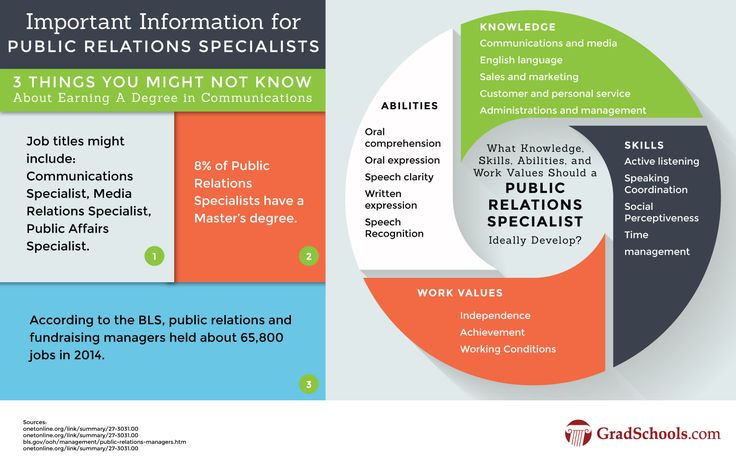 "
"
How to get out of the crisis. “What is good about any crisis? The fact that it allows you to re-build plans for the future. The crisis of the empty nest in this sense can be especially productive, since the spouses again find themselves left to each other and to themselves. Their task is to develop a strategy for how they will continue to build their life together. If this fails, quite naturally there is a misunderstanding of where the relationship is going. At the same time, paradoxically, partings and even divorces can be quite useful: they help people reassess their perception of a spouse and a lost family, and find a balance. Many after a divorce converge again and no longer part.
© Daniel Tafjord/Unsplash
- Disease Crisis
What's going on. Even a protracted flu changes the life of a family, not to mention serious, prolonged illnesses. At the same time, the researchers found that men leave wives who have been diagnosed with cancer six times more often than wives with cancer husbands. On the other hand, it is often the person who is ill who initiates the divorce: he or she does not want to be a burden to the other half.
On the other hand, it is often the person who is ill who initiates the divorce: he or she does not want to be a burden to the other half.
How to get out of the crisis. “Severe diseases, especially cancer, are often associated with guilt. The patient blames himself for making life difficult for the family, including because his treatment may require large material investments. In turn, the spouse blames himself for overlooking, not noticing the first signs of illness in time. These processes are interconnected: it does not happen that one person eats himself, and everyone around him is happy. The main thing here is to accept the new reality. Do not fall into despair, but start functioning in the changed circumstances. Schedule the procedures that need to be done during the day, allocate the budget. A clear action plan and mutual support will help the family to mobilize and get through a difficult stage.”
- Job loss crisis
What's going on.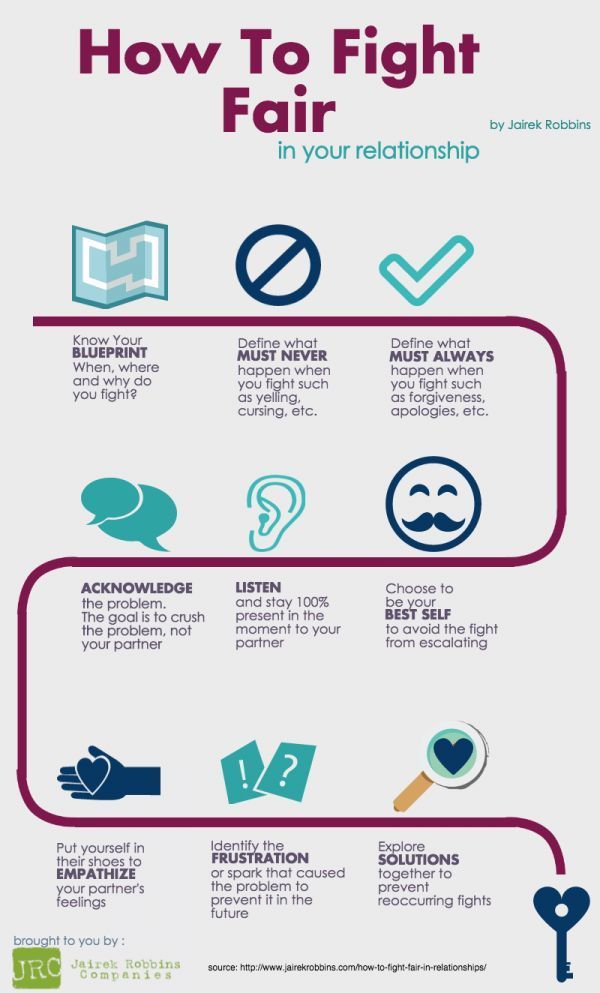 For someone who brings money to the family, the loss of a job can be a real tragedy. It is not only a matter of a decrease in wealth: a man or woman, as it were, falls out of the family structure, ceases to be a person on whom one can rely. As a result, his perception of himself changes - usually for the worse.
For someone who brings money to the family, the loss of a job can be a real tragedy. It is not only a matter of a decrease in wealth: a man or woman, as it were, falls out of the family structure, ceases to be a person on whom one can rely. As a result, his perception of himself changes - usually for the worse.
How to get out of the crisis. “Your task is not to let your partner get bogged down in experiences. If you tell your husband day after day that he is a loser, pretty soon he will begin to perceive himself as such. Out of such a crisis is the family in which there is support. But if there is no support, a person naturally looks for it on the side. It is not only about a lover or mistress, but also about drinking companions. It creates the illusion that only those with whom you drink understand you, so the loss of a job often leads to the development of alcoholism. So it is important to pay attention to who and how the unemployed spouse spends time with.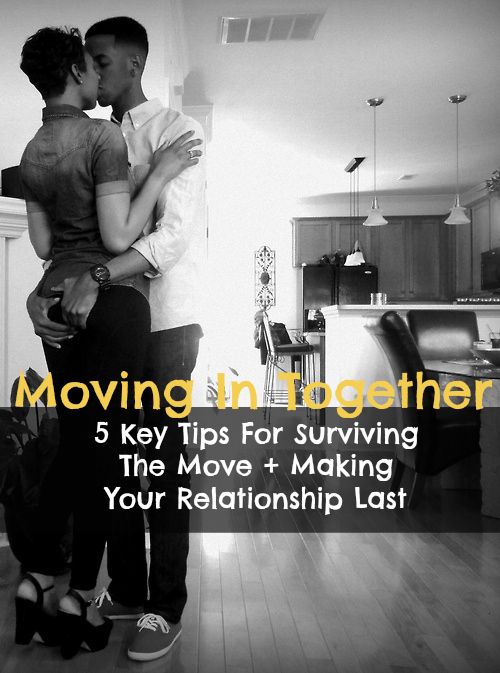
- Crisis of going to psychotherapy
What's going on. Little is said about this, but when one of the partners begins to go to psychotherapy, as a result, he may take a fresh look at the relationship and even want to end it. By understanding ourselves more deeply, we are better aware of what we want from marriage and whether a spouse can give it.
How to get out of the crisis. “Psychotherapy is useful in that it helps to isolate where you are and where social stereotypes and imposed desires are. And if the process of realizing that you may have made the wrong choice has already begun, then it is unlikely to be stopped, even if the therapy is abruptly interrupted. So there are two options: either the spouses go to a specialist together and consciously work on their marriage, or they really diverge. In any case, there are no relationships without crises, and each of them is a great opportunity to move to a new level of development for both the couple and the partners' personalities.
Relationship crisis: 07 July 2021, 07:45
Illustration © Shutterstock
07 July 2021, 07:45
eight
Everyone has conflict situations from time to time, even harmonious couples do not always manage to avoid misunderstandings. However, if moments of crisis arise too often, does this not become an occasion to think about breaking up a relationship? What psychologists think about this, we will consider in detail in the article.
A crisis in a relationship is
Psychologists talk about the onset of a critical period when spouses no longer suit each other. Tension periodically appears in friendly, love, intra-family relationships, between business partners. Confrontation prompts the need for change: the old scheme of interaction has ceased to work.
Husband/wife becomes annoyed by household habits and minor details that were previously invisible. Love recedes into the background, loses its power. The stronger the love between spouses, the sharper the confrontation.
Signs of a relationship crisis
How to distinguish a period of crisis from everyday quarrels? Psychologists consider quarrels between spouses to be the norm, misunderstandings arise due to disagreements on domestic issues. The confrontation is filled with its own meaning until the end of clearing up misunderstandings, until everything is over.
However, if one conflict causes another, a vicious circle is obtained. Breaking the existing vicious circle is problematic, as well as exhausting the conflict. Such a situation is called critical.
A person suddenly realizes that he is living with the "wrong" partner. Thoughts are concentrated around the negative qualities of the second half. The positive is either ignored or becomes unimportant.
During a quarrel, people are ruled by negative emotions, and at the end, love and care for the other half regain their rights. During a crisis, people feel alienated: they are strangers to each other. The future is not considered joint: a person becomes indifferent, unpromising.
If quarrels arise due to misunderstandings and pass quickly, then a crisis is a chronic showdown. Any insignificant trifle becomes the cause of tension, a problem.
How long does the crisis last
Experts' opinion: the problem period between conflicting parties lasts from several weeks to several months. It all depends on the intensity of the emotional intensity that caused this situation. When spouses are interested in overcoming tension, it quickly ends. When everyone is fixated only on themselves, the conflict gradually develops into a sluggish one and ends with parting. Another variant of the development of events is possible: psychological intensity leads to a break in communication.
Stages of relationship crisis
Stages of a tense period correspond to the dynamics of the development of marital relations:
- dates, courtship;
- wedding, living together;
- birth of a child;
- mature family;
- adult children;
- child care;
- pension.
A tipping point is possible at one of these stages. It is important to learn how to overcome problems in order to preserve the marriage union.
Crises in relationships - examples
Confrontation is a natural phenomenon, because everyone has their own ideas about fate, family relationships.
With a young man
Comes after the end of the candy-bouquet period, as the relationship must acquire a new level of development. It is important to keep those notes of romance that sounded during the first meetings. Sometimes rituals help: visiting a cafe or a cinema, small traditions. Try to carry romantic moments throughout your life together.
Before marriage
Problems arise when a couple lives together for a long time without formalizing the union. A man is satisfied with everything, a woman is not. When the premarital stage is delayed, the question is put squarely. Interested to keep in touch, the man quickly agrees to issue a new status. Otherwise, a break is the only correct solution.
With a husband
A monotonous existence, everyday problems depress the psyche. Before the wedding, the partners delighted each other with gifts, presented surprises, and maintained a sense of celebration. After the wedding celebrations, domestic issues took the main place, romance disappeared. To prevent a critical condition, try to revive romantic moments in the midst of everyday routine. This is the only way to save the union of the couple.
After the birth of a child
Often women are convinced that the birth of a baby strengthens the couple's marital bond. But this is an erroneous opinion. The gap due to misunderstanding is associated with the redistribution of family roles. The roles of lovers have become the roles of parents. There have been serious psychological changes, a rethinking of life priorities. New household chores are added, caring for a baby takes energy, psychological / physical fatigue accumulates. Add service conflicts here - a breakdown is inevitable.
The gap due to misunderstanding is associated with the redistribution of family roles. The roles of lovers have become the roles of parents. There have been serious psychological changes, a rethinking of life priorities. New household chores are added, caring for a baby takes energy, psychological / physical fatigue accumulates. Add service conflicts here - a breakdown is inevitable.
Co-dependent relationships
Psychologists call co-dependence emotional absorption, attachment to another. Co-dependence is formed due to the financial insolvency of one of the spouses or because of an inferiority complex. Pathological love is no exception. A codependent is ready to endure inconvenience, emotional discomfort, even physical pain: just to stay close.
It is important to recognize the dead-end path in the development of pathological relationships. You need to be determined to stop pathological attachment, overcome the fear of loneliness / poverty. Having set the goal of becoming financially independent, it can be successfully implemented.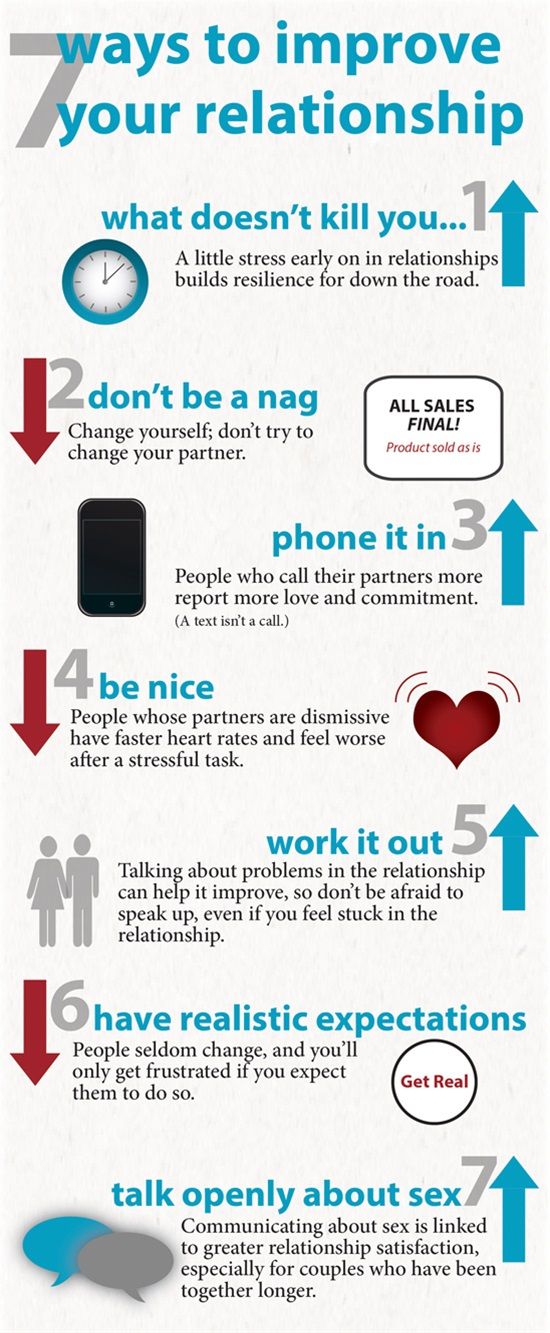 Pathological attachment is successfully overcome with the help of professional psychologists, psychotherapists.
Pathological attachment is successfully overcome with the help of professional psychologists, psychotherapists.
How to survive a crisis
The way to overcome tension is determined by the elimination of the causes that caused it. For example, a prolonged premarital period or a change in the social roles of a couple after the birth of a child. If in the first case it is necessary to immediately part with a man, then in the second situation one should reassess the perception of a new social role.
Psychological advice:
- Realize that both sides are to blame for the conflict. Do not try to make excuses for everything, blame your soulmate. This is the wrong way to fix the problem.
- Engage in self-development, raise self-esteem. Your partner's perception of you depends on this. Your thoughts about yourself are reflected in the eyes of others.
- It is impossible to shower reproaches on a cold partner, to irritate him. Try to meet halfway, make a small surprise: to defuse the tense situation.
